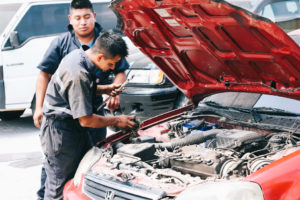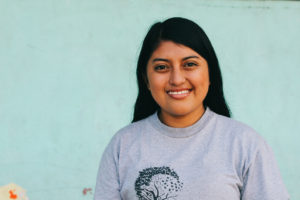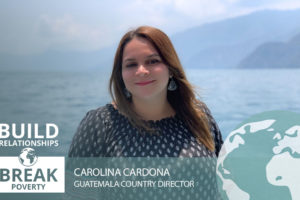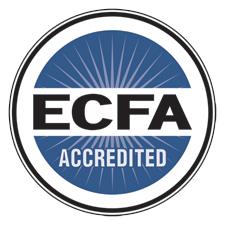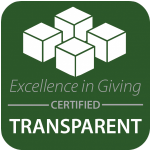El Jicaro CarePoint


El Jicaro is a community located in the department/state of El Progreso in Guatemala. It lies within a very dry zone of the country known as the “arid corridor” – a geographical zone receiving little precipitation. The average temperature oscillates between 86 to 104 degrees throughout the whole year.
Currently, there are at least 100 children in the community available for Friendship through Children’s HopeChest. A partnership with the El Jicaro CarePoint will give the children an opportunity to continue to grow physically, spiritually, and emotionally.
About the Community
Assets
- People: Human resources are a large asset. There are many women in the community who are willing to work.
- Church: The Evangelical Church is involved in all the community activities with volunteers committed to the transformation of their community.
- Credibility: The CarePoint has been working in the community for six years and has credibility.
- Infrastructure: The CarePoint has a building to host various programs and projects.
Challenges
- Nutrition: Cases of malnourishment or stunting are not uncommon among children attending the local elementary school. The main reason for this is the work situation of the parents in the community. Usually, children eat one to two times a day, but the meals are not very nutritious.
- Employment: Families often experience difficulties in getting a formal job. As a result, they struggle to feed and provide the basics for their family. In the area, there are some job opportunities, but often these jobs pay only day wages or are seasonal, which doesn’t provide stability.
- Education: The school dropout rate in El Jicaro is 72%. That means, of every 100 children who begin elementary school, only 28 will get to high school. Often, the parents don’t see the value of education and would rather have their children working with them to get needed income for the family.
- Health: Access to public health services is also deficient. Children get sick from common illnesses, such as stomach issues, flu, a lack of hygiene at the home, and illnesses resulting from mosquito bites. The lack of access to clean water results in diarrhea being the second most common cause of death in children under age seven.
- Housing: The houses in the area are made from wood, cinder block, and corrugated metal sheets. Some are made of plastic and adobe.
- Environment: One of the problems in the community has to do with air contamination and pollution.
How many Friendships are available?
100-150
How many other partnerships are there at this CarePoint?
One
What is HopeChest's model?
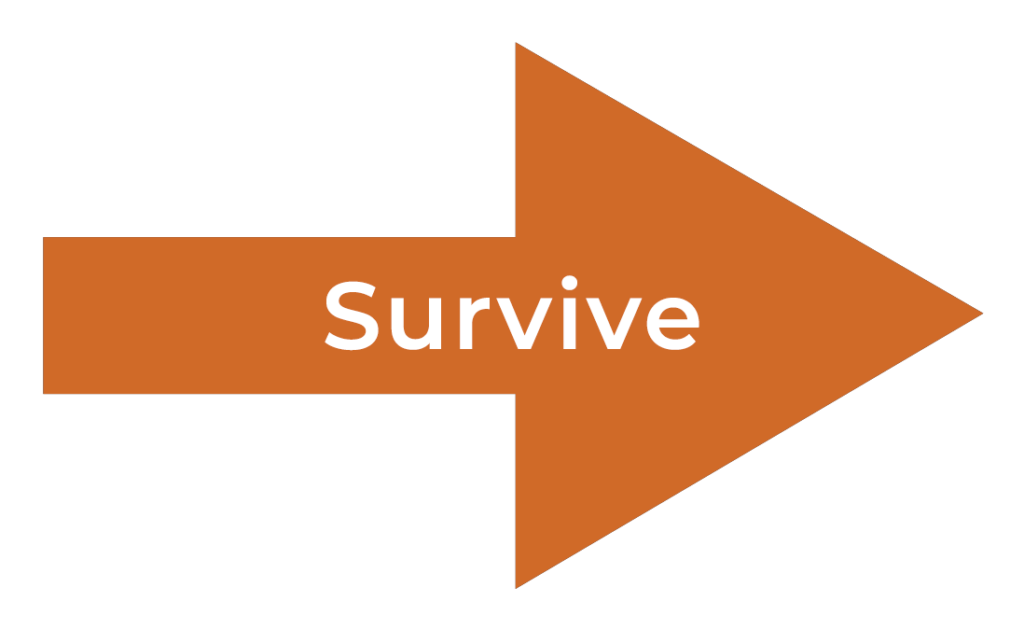
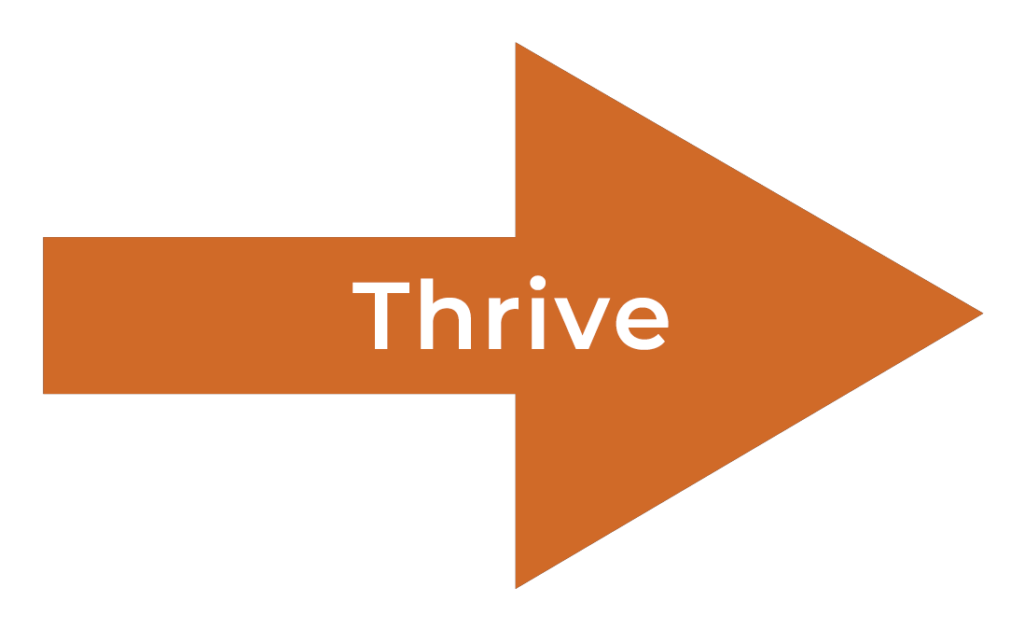

We believe the most transformational, holistic, sustainable, and long-term change occurs when one community partners with another. Learn more about our approach.
What does a partnership consist of?
Monthly Support
Programs
Projects
Fundraising
Partner Visits
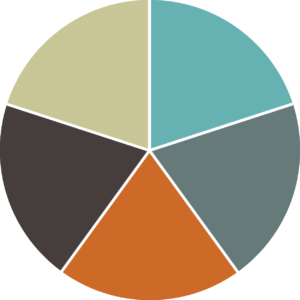

Monthly Support
Unlike traditional child sponsorship models, the Friendship Model reframes our perspective on child sponsorship by reducing the perpetuation of paternalism. It also helps frame the perspective that financial support has a broader impact on the community and is not focused on only the individual child. Learn more about the Friendship Model.
Nutrition: Ensure that children receive a nutritious meal – initially, two times per week – to fortify the diet of students and, thereby, improve their learning and school performance. In three years, we plan to increase this up to five times per week.
Health: Improve the quality of the health and nutrition of the children attending to the CarePoint. This will help them increase their attention span in class and improve their school learning.
Discipleship: Teach practical areas of life such as identity, health, community and economics, all of which are based on Biblical principles so that each child recognizes their own responsibility in seeking a life of dignity and purpose.
Education: Help the educational process with a tutoring program during after-school hours. At the same time, we want to involve the parents in the educational process. To accomplish this, we want to conduct three training sessions during the year where qualified people will be invited to share with parents about the value of education. We will integrate technology in the learning process and new school regulations are issued, giving the children access to internet, printing and photocopying materials and access to a tablet to download their homework.

programs
Monthly gifts from your community members through the Friendship Model are supporting the regular activities of the CarePoint; however, these gifts do not cover all programming needs. We often request funds to support medical, education, and nutrition needs to supplement things like medical emergencies, higher education costs for some students, and even special nutritional support.
![]() Nutrition: $125,000.00
Nutrition: $125,000.00
![]() Education:
$82,638.75
Education:
$82,638.75
![]() Vocational:
$37,500.00
Vocational:
$37,500.00
![]() Discipleship:
$43,402.50
Discipleship:
$43,402.50
![]() Health:
$37,500.00
Health:
$37,500.00
*estimated costs over 10 years

Projects & Fundraising
For each CarePoint and community, a formal Community Profile and Risk Assessment will have been completed by our staff before we begin programming. Those factors, with the vision and dreams of the community, are combined to form a comprehensive plan for this community over time. Every project cost that has been listed will be evaluated with a formal proposal and evaluation when it comes time to fundraise and implement the project.

Women’s Empowering Cooperative: Empower the women at El Jicaro, giving them the tools and the skills necessary to generate an income to support their families, manage their time to be with their families, and learn how to be good stewards of their own money, in a Biblical manner. This program is design to teach a maximum of 20 women during a two-year term, and at the end they will decide if they want to be a part of the cooperative. Total cost of the project: $10,625.00 for two years

Bakery: Use of the facilities to host vocational training for the children/youth and some parents and teach them how to create and run a business. This initiative will help provide food for the nutritional program, but at the same time generate income for the families involved. This initiative will help provide food for the nutritional program but at the same time income for the families involved. Total cost of the project: $21,875.00 for two years

Computer Center: In order to help with the development of the community, we want to open a computer training center, with the goal of giving people different opportunities to have access to better jobs. The idea is to begin a small business and be the first computer center in El Jicaro. In this center, we will be able to teach the basics of computer, MS Office, and establish a printing and internet business. Total cost of the project: $19,062.50 for two years

Chicken Coops: The objective is to train families to raise chickens and then start a business to improve family income. We not only want to launch family-level businesses, but also create a co-op amongst all the participating families in order to maximize their business opportunities. This will be done with 20 families, once a year for five years. Total cost of project: $17,562.50 per year for five years

Community Savings Groups: Create a community that will learn to save according to Biblical principles. This will help the families to manage their finances wisely, and will help them achieve their goals without falling into debt. At the same time, they will be discipled in areas such as: Bible-reading, taking responsibility, keeping commitments and generating personal savings.
Our intent here is to provide a brief overview of the ideas and vision for this community that are hoped to be realized while we continue to work, train, and implement effectively. The items and estimations in here are based on historical programming and project costs, in similar areas (if applicable), archived over time, in the country and are subject to change. Every project cost that has been listed will be evaluated with a formal proposal and evaluation when it comes time to fundraise and implement the project.

Partner Visits
One of the most exciting aspects of a HopeChest partnership is the opportunity to visit your CarePoint community! HopeChest does not host traditional mission trips. Rather, “partner visits” focus on traveling to your CarePoint community with the goal of building meaningful and lasting relationships. HopeChest offers both virtual and in-person travel opportunities. Learn more about partner visits.


